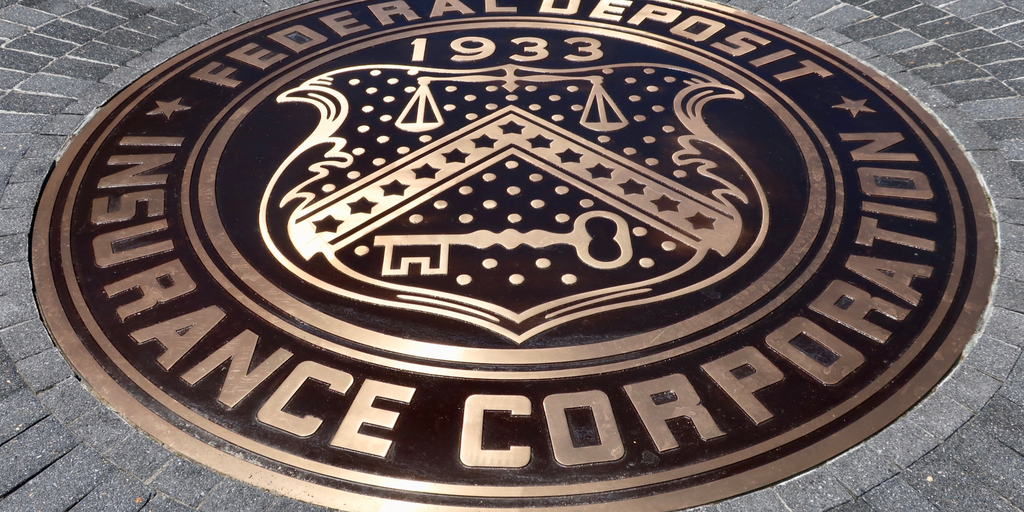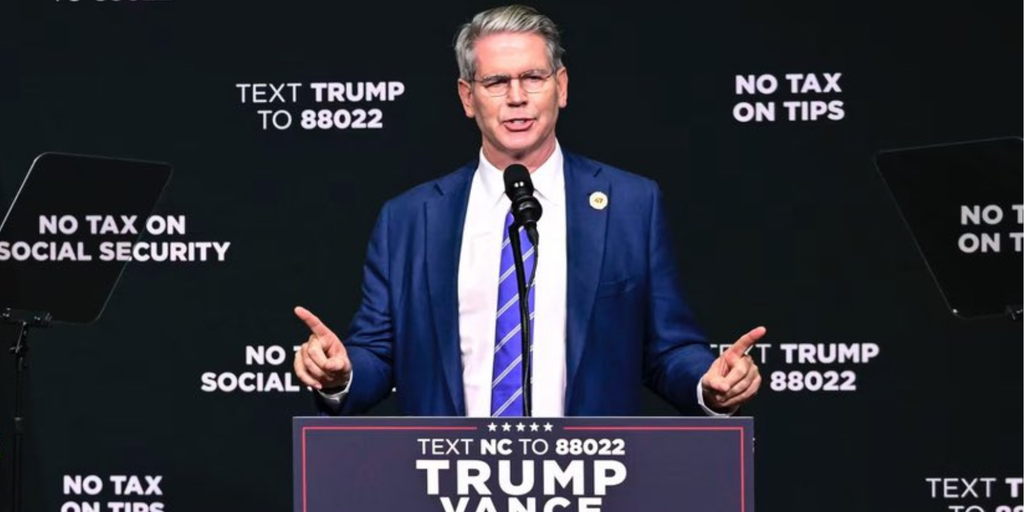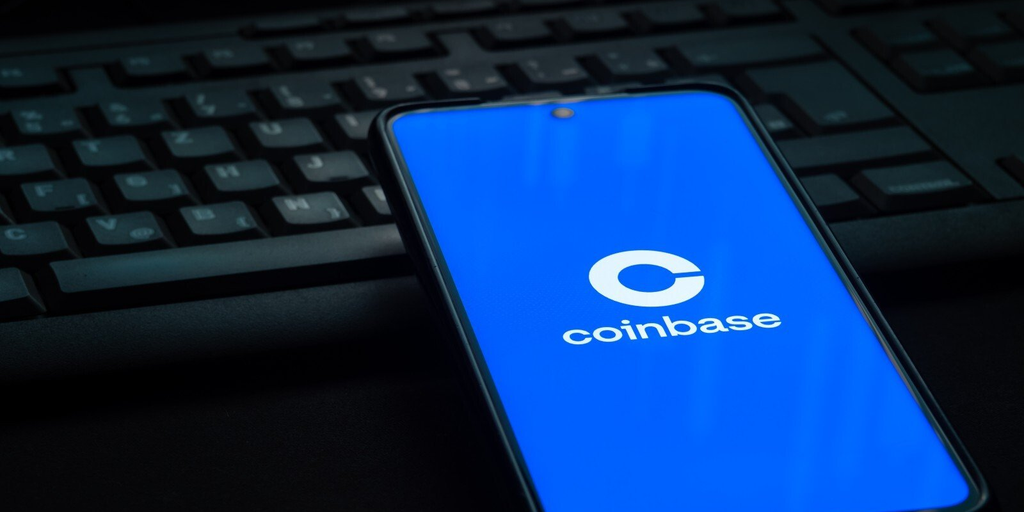FDIC Discourages American Banks from Offering Services Built on Public Blockchain
FDIC Correspondences Reveal Agency’s Concerns
The Federal Deposit Insurance Corporation (FDIC) has been discouraging American banks from offering services built on public blockchain networks, according to newly unredacted documents. The revelation comes as a result of a Freedom of Information Act (FOIA) request by San Francisco-based cryptocurrency exchange Coinbase, which obtained the documents.
Redacted Letters Reveal FDIC’s Concerns
In January, Coinbase secured heavily redacted versions of 23 letters exchanged between the FDIC and member banks. However, due to a court order, the contents of those letters and two new ones were revealed in their entirety.
FDIC’s Concerns with Public Blockchain
One of the letters, sent in March 2022, detailed how the FDIC’s New York office had learned that a member bank planned to roll out a “Bank Digital Deposit” program built on a public blockchain. The name of the public blockchain remains redacted.
The FDIC appears to take issue with the bank’s decision to use a public blockchain instead of a private, permissioned network. Public blockchains, such as Ethereum and Solana, are decentralized and permissionless, meaning that activity on them is fully public and cannot be overridden by third-party human administrators. In contrast, private blockchain networks, like those used by nation states to issue central bank digital currencies, place limits on who can use them and for what purpose.
FDIC’s Instructions to Member Banks
The FDIC instructed the New York bank to submit to a new, detailed review process before launching any products on public blockchains. Other letters disclosed Friday show the FDIC ordering member banks to halt the implementation of services related to the buying and selling of Bitcoin.
Coinbase’s Reaction
Coinbase Chief Legal Officer Paul Grewal touted the revelations as further proof of an alleged Biden administration initiative waged against the crypto industry via banking regulations, known as “Operation Chokepoint 2.0.”
Conclusion
The FDIC’s move to discourage American banks from offering services built on public blockchain networks has significant implications for the crypto industry. As the debate around the regulatory framework for cryptocurrencies continues to unfold, it is essential to stay informed about the latest developments.
FAQs
- What is the FDIC’s stance on public blockchain networks?
The FDIC appears to be concerned about the use of public blockchain networks, such as Ethereum and Solana, citing the lack of control and oversight. - What is "Operation Chokepoint 2.0"?
It is an alleged Biden administration initiative aimed at regulating the crypto industry through banking regulations. - What is the significance of the newly unredacted documents?
The documents reveal the FDIC’s concerns and instructions to member banks, providing insight into the agency’s stance on public blockchain networks and cryptocurrency-related activities. - What is the impact of the FDIC’s stance on the crypto industry?
The FDIC’s move could potentially limit the growth and innovation in the crypto space, as well as create uncertainty for investors and entrepreneurs.







 83% Of Crypto Traders Will Get This WRONG! (AVOID THE LOSS)
83% Of Crypto Traders Will Get This WRONG! (AVOID THE LOSS)


